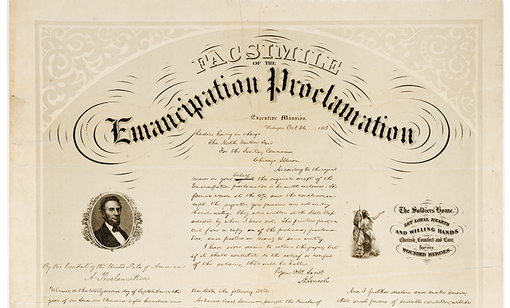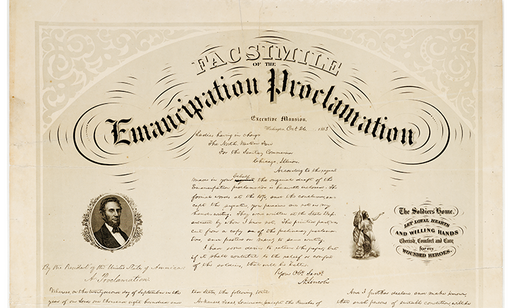News - June 2025 RSS Feed
-
- All News
-
-
-
- 50th Anniversary of the Fall of Saigon (4)
- Ashes to Easter (6)
- Bishop Daniel E. Garcia (23)
- Canonical & Tribunal Services (22)
- Care for Creation (1)
- Catechesis (32)
- Catholic Scouting Events (1)
- Catholic Services Appeal (1)
- Communications (2)
- Comunidad Latina (4)
- Diaconate Reading List (2)
- Ethics & Integrity in Ministry (24)
- Eucharistic Revival (10)
- For Immigrants (1)
- Home (546)
- Immigration (1)
- Inmigración (1)
- Jubilee 2025 (3)
- Media Relations (4)
- Mensajes a los fieles (72)
- Messages to the Faithful (177)
- Missions and Discipleship (1)
- Most Rev. Joe S. Vasquez (12)
- News & Resources (2)
- Obispo Joe S. Vásquez (7)
- On the Passing of Pope Francis (2)
- Papa León XIV (1)
- Pilgrimage Sites (1)
- Pope Leo XIV (1)
- Restorative Justice (1)
- Scouting (9)
- Share Your Story (3)
- Sobre el Fallecimiento del Papa Francisco (2)
- Synod For a Synodal Church (3)
- The Friday Message (49)
- Vicar for Priests (2)
- Vicar General (13)
- Vocations (1)
- Worship (6)
- Youth, Young Adult and Campus Ministry (6)
-
-
 June 19, 2025Hoy, celebramos Juneteenth, también conocido como “Día de la Libertad,”—que marca un momento crucial en la historia de nuestra nación hace 160 años, cuando las personas esclavizadas en Texas se enteraron de que habían sido liberadas, dos años después de la Proclamación de la Emancipación del presidente Lincoln. Aunque las noticias se retrasaron dolorosamente, su impacto fue monumental.Read More
June 19, 2025Hoy, celebramos Juneteenth, también conocido como “Día de la Libertad,”—que marca un momento crucial en la historia de nuestra nación hace 160 años, cuando las personas esclavizadas en Texas se enteraron de que habían sido liberadas, dos años después de la Proclamación de la Emancipación del presidente Lincoln. Aunque las noticias se retrasaron dolorosamente, su impacto fue monumental.Read More -
 June 19, 2025Today, we celebrate Juneteenth, also known as “Freedom Day,” — marking a pivotal moment in our nation’s history 160 years ago, when enslaved people in Texas learned they had been freed, two years after President Lincoln’s Emancipation Proclamation. While the news was painfully delayed, the impact was monumental.Read More
June 19, 2025Today, we celebrate Juneteenth, also known as “Freedom Day,” — marking a pivotal moment in our nation’s history 160 years ago, when enslaved people in Texas learned they had been freed, two years after President Lincoln’s Emancipation Proclamation. While the news was painfully delayed, the impact was monumental.Read More -
June 17, 2025As we continue to witness the unfolding of the ever-complicated reality of protecting the dignity of the human person and the task of government to enact and enforce immigration laws that are effective and just in the eyes of God, our hearts continue to hurt for those in our communities experiencing anxiety and fear.Read More
-
 June 14, 2025Este domingo celebramos el Día de los Padres –un tiempo especial para dar gracias por todos los padres, aquellos que están todavía con nosotros y aquellos que se han ido hacia el Señor.Read More
June 14, 2025Este domingo celebramos el Día de los Padres –un tiempo especial para dar gracias por todos los padres, aquellos que están todavía con nosotros y aquellos que se han ido hacia el Señor.Read More -
 June 14, 2025This Sunday, we celebrate Father’s Day—a special time to give thanks for all fathers, those still with us and those who have gone to the Lord.Read More
June 14, 2025This Sunday, we celebrate Father’s Day—a special time to give thanks for all fathers, those still with us and those who have gone to the Lord.Read More -
 June 5, 2025Pope Leo XIV encounters the Pontifical Commission for the Protection of Minors in the Vatican.Read More
June 5, 2025Pope Leo XIV encounters the Pontifical Commission for the Protection of Minors in the Vatican.Read More -
June 5, 2025In this interview with Vatican News, Cardinal Seán O’Malley talks about the work of the Pontifical Commission for the Protection of Minors; raising awareness in the Church about clerical abuse; and the Church’s priorities, especially the need to put victims and their families first.Read More
-
 June 2, 2025Helping children and youth disclose when they have experienced abuse or other harm is paramount within the ministry. This article will address some challenging statistical realities involving survivors of abuse and what happens when safe adults do not intervene. What happens to children during and after being abused should never be reduced to statistics or research. However, what is outlined here does provide key elements about the necessity of our involvement and the resilience of survivors that should animate us and give us great hope.Read More
See More
June 2, 2025Helping children and youth disclose when they have experienced abuse or other harm is paramount within the ministry. This article will address some challenging statistical realities involving survivors of abuse and what happens when safe adults do not intervene. What happens to children during and after being abused should never be reduced to statistics or research. However, what is outlined here does provide key elements about the necessity of our involvement and the resilience of survivors that should animate us and give us great hope.Read More
See More
